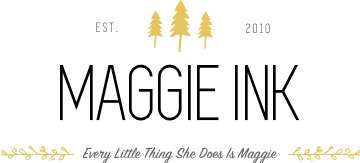Maybe it’s because I’m a Leo, but I’ve always had a special affection for lions.
So when other travelers told me that Kruger National Park in South Africa was like one big lion’s den, I said bring it. Just call me Daniel and toss me in there.
Only it wasn’t. I know that driving around game reserves are one big crap shoot anyway — the animals aren’t exactly paid to stand on the side of the road, tap dancing for the humans’ entertainment — but I expected something. Anything. Even a vague hint of mane in the distance would have made me happy.
Then we happened upon this scene, in which a randy male lion was trying to woo his female prey in the middle of the road. (Cue the Beatles’ “Why Don’t We Do It in the Road?”)
But, like any big game sightings at Kruger, the scene quickly became a crazy traffic jam, with each vehicle creeping through the lanes, cutting each other off, honking, yelling and inching forward until every human was thoroughly pissed off and every animal was terrified.
As we drove away, I spilled my hot coffee all over my brand new shorts, prompting a cartoon bubble of !^%$@#^%!#%^$# to burst from my mouth. Now what was I going to wear as I traveled through Africa?
So my car continued making circles around the park, frustrated, angry, sad. The horny lions were okay, but not as satisfying as we had hoped. (And definitely not as satisfying as it was for the cats.)
The gravel road seemed too bumpy and endless. We were hot and mad. We decided to screw this lion stuff and head back for camp.
Suddenly a lone lioness emerged from a thick clump of grass.
We were the only car on the road. It was just us and her.
We locked eyes. For a moment, everything was completely silent, the world on pause. Then the lioness found a satisfactory shady spot underneath a tree and plopped down.
It didn’t feel real that this gorgeous creature and I could be sharing the same space, the same air, the same landscape.
After a while, the scene felt almost too personal and intimate. This was her kingdom — we were only visitors.
We drove away, happy.

















